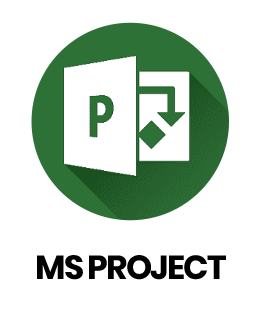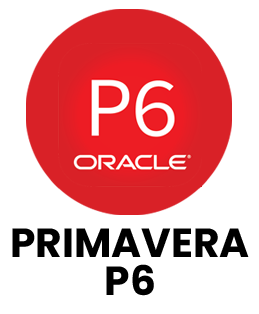- Join the Best PMP Training Institute to Master Project Management Skills and Industry Practices.
- Our PMP Course Covers Tools and Techniques like WBS, Gantt Charts, CPM, Agile and Risk Management.
- Learn with Flexible Options Weekday, Weekend or Fast-track Batches.
- Get practical experience through real-world projects guided by certified experts.
- Earn a Globally Recognized PMP Certification With 100% Job Placement Assistance.
- Receive Expert Guidance in Building a Resume and Excelling in PMP Job Interviews.
Join Our 100% Job Guaranteed
PMP Certification Training
WANT IT JOB
Become a Project Manager in 3 Months
Freshers Salary
3 LPA
To8 LPA
Quality Training With Affordable Fees!
INR
₹18000
INR
₹14000

9546+
(Placed)
4671+
(Placed)
7615+
(Placed)
3587+
(Placed)

























 Chennai Location
Chennai Location Bangalore Location
Bangalore Location